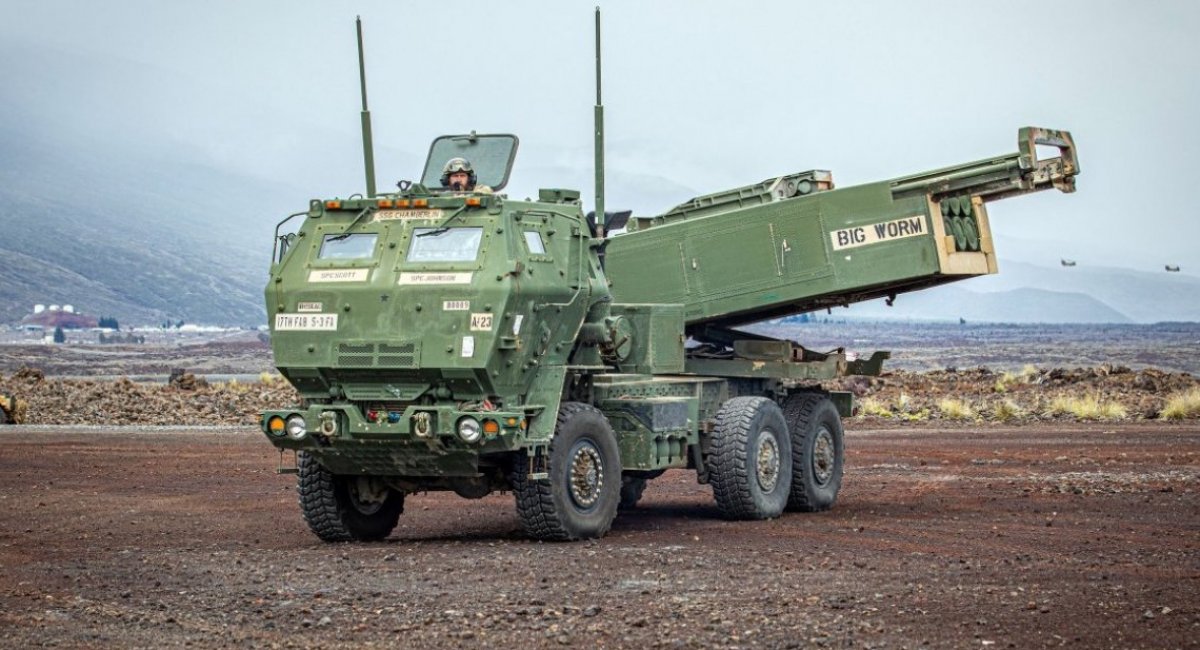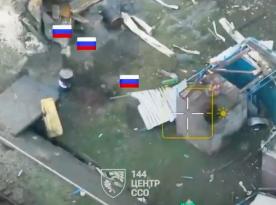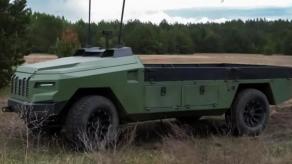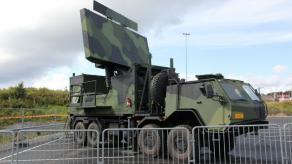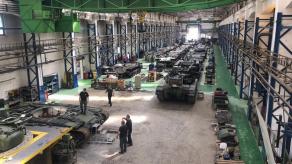Lithuania opposes moving away from American defense companies in European arms procurement. Estonia supports this position and also mentioned possibilities of purchases from Turkiye and South Korea.
Such statements are not surprising, considering both countries actively buy American-made weapons. These include HIMARS MLRS, FGM-148 Javelin ATGMs, Switchblade 600 kamikaze drones, AIM-120-C8 missiles, and UH-60M Black Hawk helicopters.
Read more: First Confirmed Use of Ukrainian Peklo Deep Strike Rocket-Drone

According to Breaking Defense, Lithuania’s Foreign Minister said at the NATO summit that there is room in the market for everyone, including "transatlantic allies." His Estonian counterpart supported this, saying the American defense industry would gladly receive a share of the trillions of euros the EU plans to spend on defense over the next seven to eight years.
These talks come amid a crisis in relations between the U.S. and Europe, which has seriously undermined trust within NATO. As a result, calls have emerged to stop buying American-made weapons.
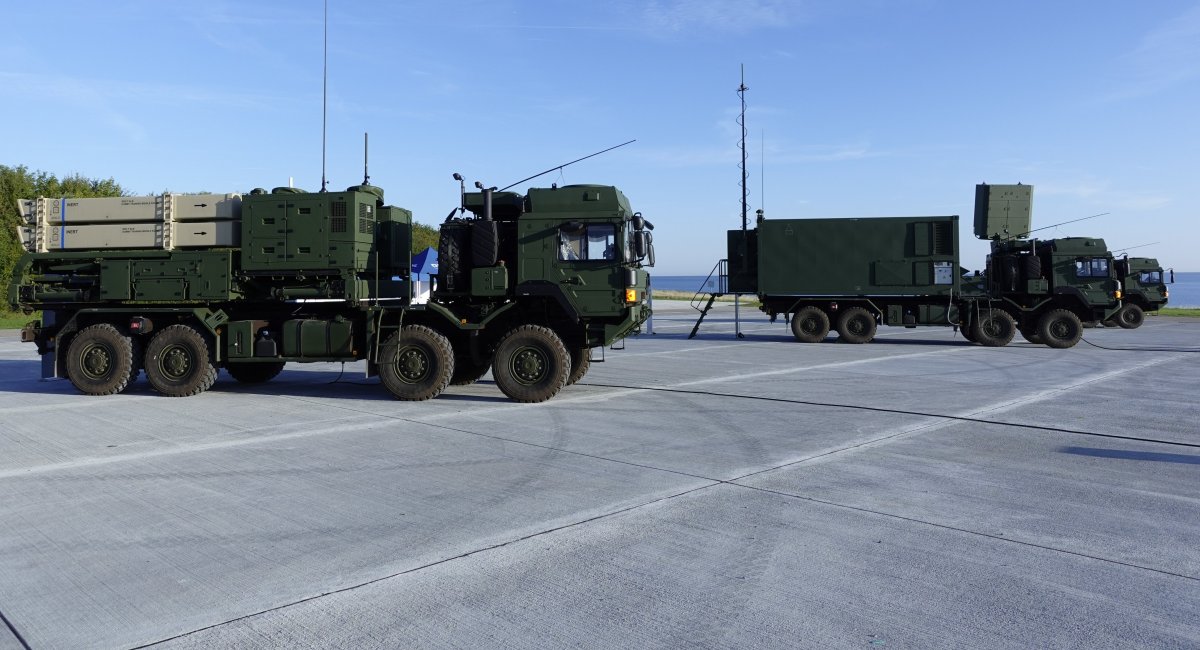
However, this is not just rhetoric. The EU has launched credit programs to finance defense spending focused exclusively on developing and purchasing European weapons.
The new geopolitical situation is also reflected in Poland, which previously bought a lot of American weapons with credit funds. However, the U.S., under its new foreign policy, is closing similar opportunities in Europe, significantly reducing chances for large purchases of its products.

On the other hand, Polish officials have already prepared a list of domestically produced weapons to be submitted for EU credit programs. Besides strengthening defense, this will help the country’s industry gain new orders.
It is clear that moving away from American defense products, besides strategic independence, can bring economic benefits to European countries. Thus, EU rearmament programs’ restrictions have complex political motives.
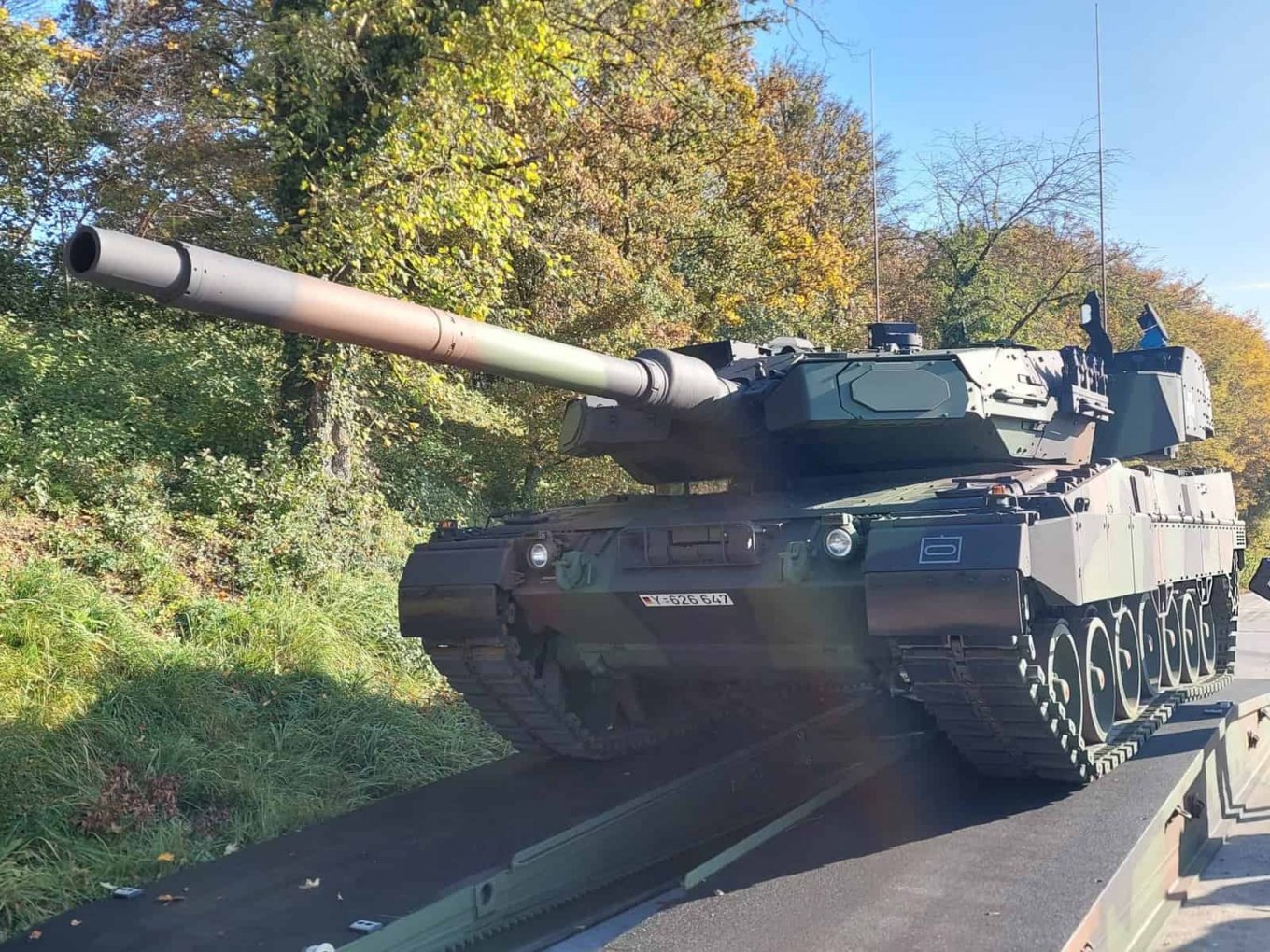
At the same time, the U.S. has larger stockpiles and production capacities, which help rapidly strengthen defense. Also, some American systems still lack serial European equivalents, a situation that may last for years.
It turns out that while the EU’s ideas to limit its own defense market carry problems, these are especially acute for the Baltic states, which border Russia. Therefore, the suggestion to pay attention to U.S., Turkish, and South Korean defense industries — actively working with the European market — is understandable.
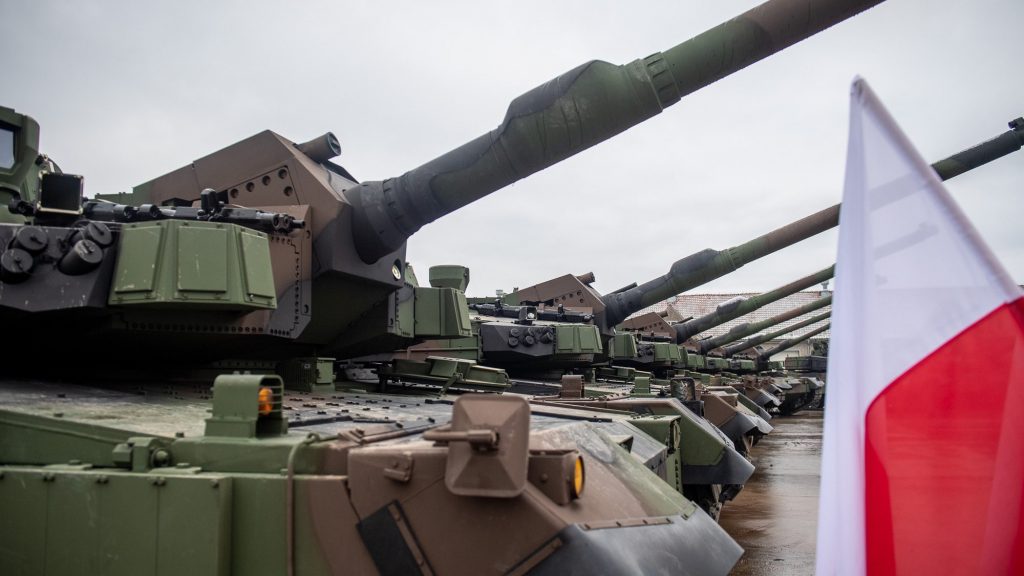
However, strategic independence and strengthening domestic industry remain important factors. The key is to find the right balance and avoid getting into major problems because of it.
Read more: UK to Produce Ukrainian UAVs for the War Against russia




